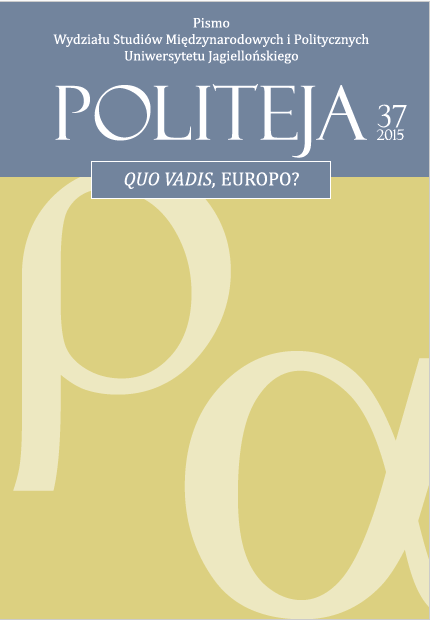Becoming more EUropean or European after ERASMUS ?
Becoming more EUropean or European after ERAS MUS ?
Author(s): Karina OboruneSubject(s): Politics / Political Sciences
Published by: KSIĘGARNIA AKADEMICKA Sp. z o.o.
Keywords: ERASMUS; European identity; political vs. cultural European identity
Summary/Abstract: Lijphart was the first to emphasize the necessity to study the impact of student mobility upon European integration, but mobility programmes have only been studied in the last decade. The European Commission points to the ERASMUS programme as a successful example of construction of European identity; however, this assumption hasn’t yet been empirically proved on a European scale. This paper has been devoted to research of the impact of the ERASMUS programme on fostering European identity in Europe. In academic literature at least two different understandings of the European identity can be distinguished: political and cultural European identity. The quantitative survey (in which 12’173 respondents from 37 European countries took part) provides justification that only every third of students feel more European after studying abroad and that there are different understandings among ERASMUS students regarding what it means to be European. Survey results showed that ERASMUS students feel more European than non‑ERASMUS students and that the ERASMUS students understand European identity as being cultural and political.
Journal: Politeja - Pismo Wydziału Studiów Międzynarodowych i Politycznych Uniwersytetu Jagiellońskiego
- Issue Year: XII/2015
- Issue No: 37
- Page Range: 75-94
- Page Count: 20
- Language: English

